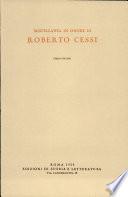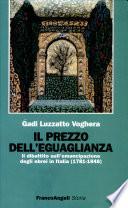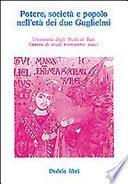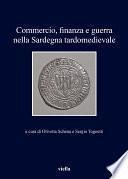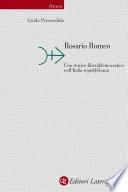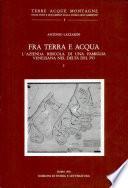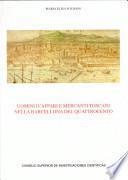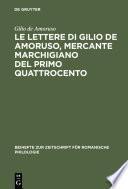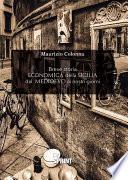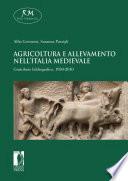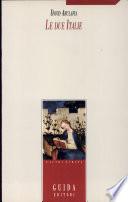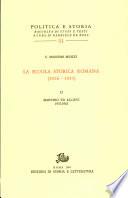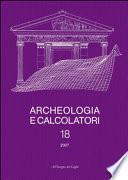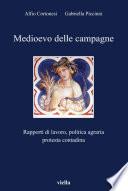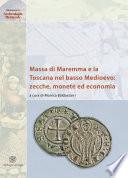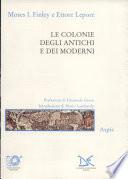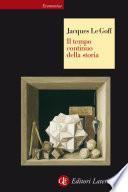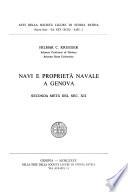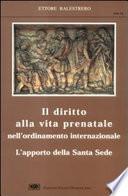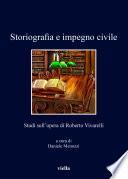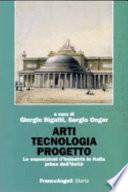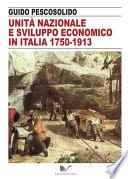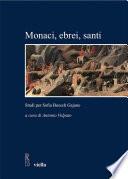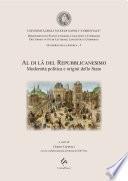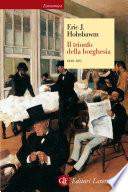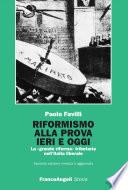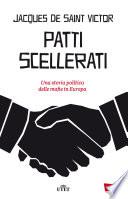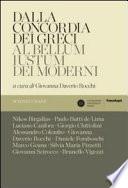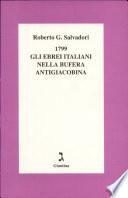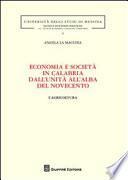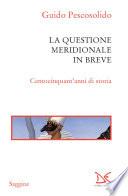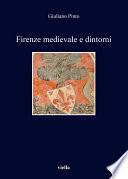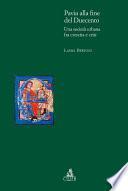
Pavia alla fine del Duecento
Autore: Bertoni Laura
Numero di pagine: 284La seconda metà del Duecento è stata interpretata dagli storici come una fase di trasformazione della civiltà comunale, con l’inversione di un secolare trend di crescita verso la cosiddetta «crisi del Trecento». Gli studi dedicati a questo importante snodo non ne hanno tuttavia esaurito la complessità, lasciando ampi margini di approfondimento, in particolare per ciò che riguarda la stretta connessione tra riassetto produttivo e commerciale, mutamento del tessuto sociale e cambiamenti politici. Pavia, nei decenni finali del secolo, stava affrontando una fase di rallentamento della propria economia e significative trasformazioni del profilo istituzionale. Lo studio di questa città ha costituito un valido terreno di ricerca per indagare questo controverso periodo: i segnali dei lenti mutamenti in atto sono emersi dalla lettura delle fonti, svelando il manifestarsi di un nuovo atteggiamento adottato dai cittadini nelle loro strategie d’investimento e di un più attento intervento da parte delle istituzioni, il Comune e la Mercanzia. Di fronte ai primi segnali di cambiamento, la reazione pavese si orientò verso l’intensificazione nello sfruttamento delle risorse del...
